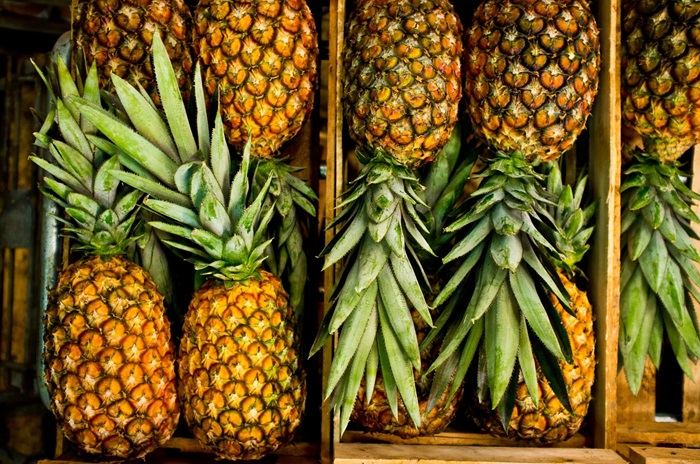On January 10, 2025, the United States Department of Agriculture (USDA) has initiated a public comment period regarding the importation of fresh pineapples from Indonesia. This step aims to assess potential pest risks associated with these imports.
Evaluating Potential Pest Threats
Evaluating potential pest threats is crucial for ensuring agricultural safety. The USDA is concerned about harmful pests that could enter the U.S. through imported pineapples. These pests might pose risks to local crops and ecosystems. Therefore, it is essential to gather expert opinions and data to make informed decisions.
Seeking Expert and Public Opinions
The USDA is seeking expert and public opinions on this matter. By opening the floor to comments, the department aims to collect diverse perspectives and valuable insights. Scientists, industry professionals, and concerned citizens can provide input. This inclusive approach helps ensure that all potential issues are thoroughly considered.
Reviewing Current Regulations
Reviewing current regulations is part of the evaluation process. Existing rules for importing fruits and vegetables must be examined to determine if they adequately address new risks. If necessary, adjustments will be made to safeguard American agriculture. This review ensures that any changes align with international standards and best practices.
Analyzing Economic and Environmental Impacts
Analyzing economic and environmental impacts is another focus area. The introduction of pests can have significant consequences for both farmers and the environment. Economic losses due to crop damage or increased control measures can affect trade relations. Environmental harm from invasive species can disrupt local biodiversity. A balanced assessment considers all these factors.
Promoting Transparent Decision-Making
Promoting transparent decision-making is a priority for the USDA. Throughout this process, the department remains committed to openness and accountability. All comments received will be carefully reviewed and considered in the final analysis. This transparency builds trust and ensures that stakeholders feel heard and valued.
Supporting Sustainable Agricultural Practices
Supporting sustainable agricultural practices underpins this initiative. By carefully managing import risks, the USDA aims to protect U.S. agriculture while promoting fair trade. Encouraging sustainable practices in both countries benefits producers and consumers alike. Safe and responsible trade supports global food security and environmental health.
Conclusion
The USDA’s call for public input on importing fresh pineapples from Indonesia highlights its commitment to agricultural safety. By evaluating potential pest risks, seeking diverse opinions, reviewing regulations, analyzing impacts, promoting transparency, and supporting sustainability, the department ensures a thorough and responsible approach. This effort aims to protect American agriculture while fostering beneficial trade relations.
Related topics:


